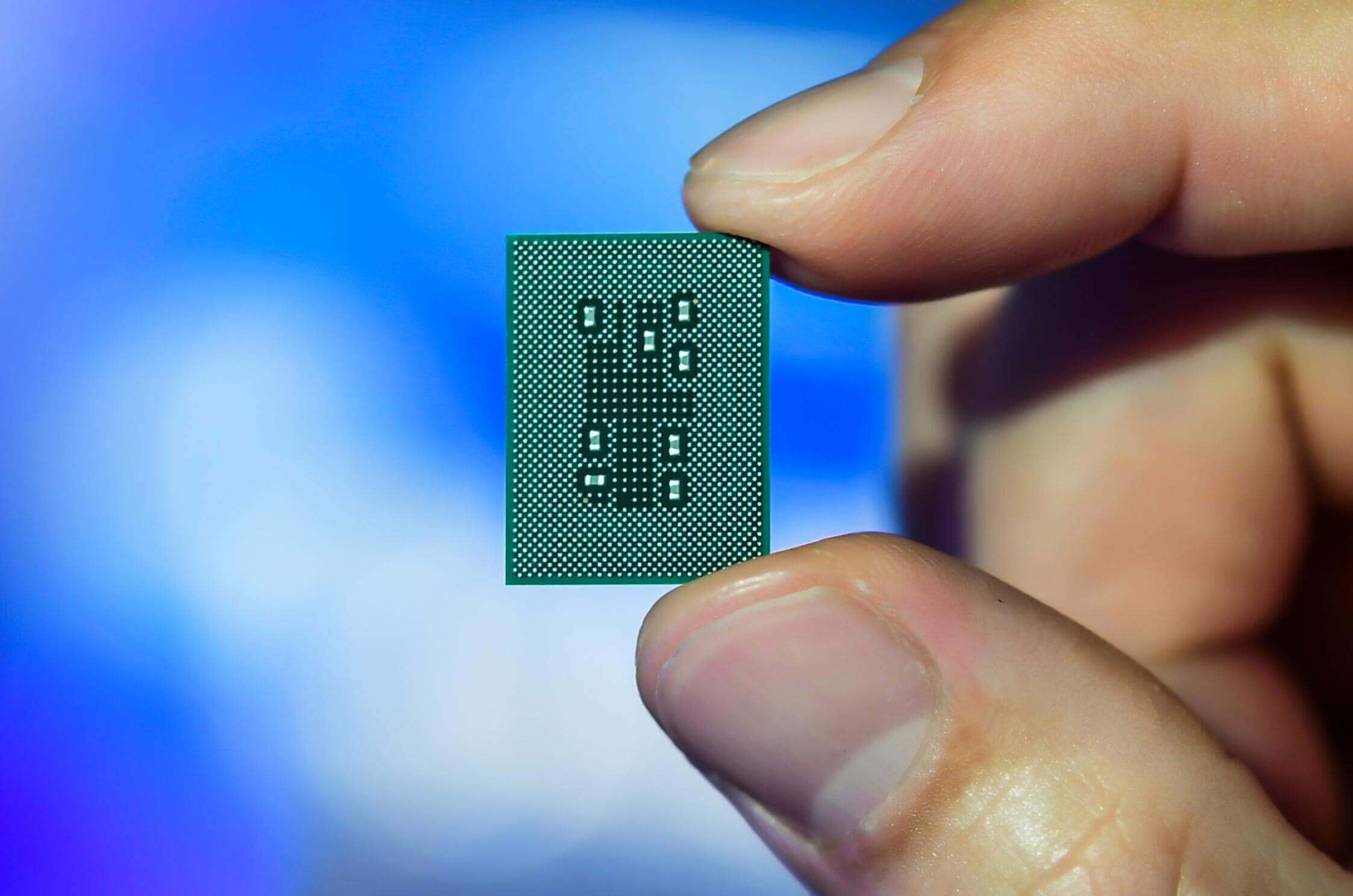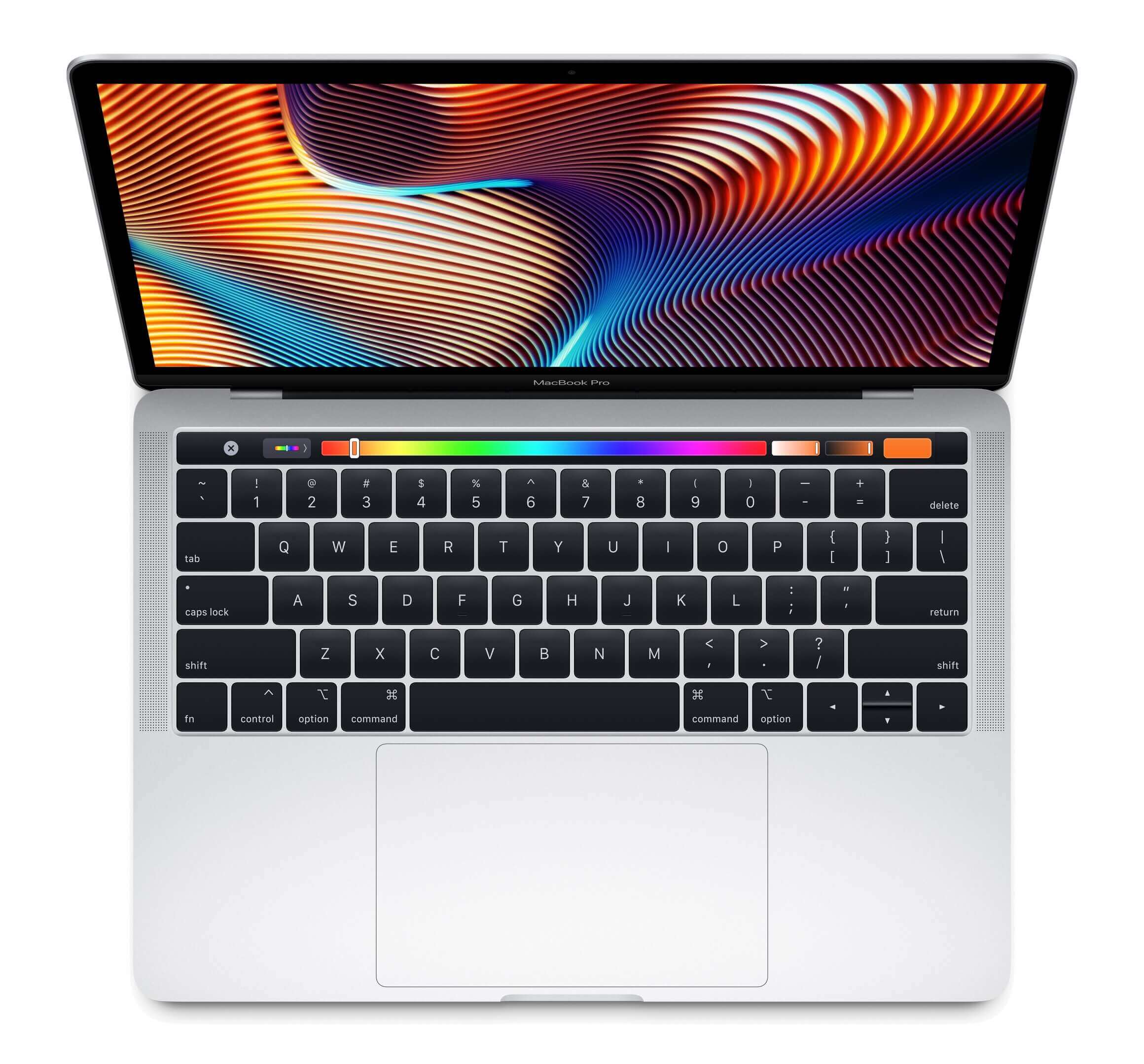Why it matters: Apple may have shifted some of its product releases for the second half of this year, but it looks like its plan to deliver the first ARM-based Mac in 2021 is moving forward unaffected. This will give Apple increased control over its hardware, and Intel will gradually lose one of its biggest customers.
ARM has come to dominate the mobile market, and now it looks set to take over a sizeable chunk on the desktop, one form factor at a time. Microsoft's Surface Pro X was just the start, and Apple is not far behind with its own ARM-based MacBook.
According to a Bloomberg report, Apple will launch at least one ARM-powered Mac in 2021, with plans to gradually phase out Intel processors from it product lineup. The initiative - dubbed Kalamata - involves the development of three new chips based on a beefed-up version of the A14 SoC that will power the iPhone 12 and next year's iPad releases.
The first of these chips with integrate a 12-core CPU that includes four energy-efficient "Icestorm" cores and eight high-performance "Firestorm" cores. All of the new chips will be manufactured by TSMC based on a 5nm process node, with mass production set to begin towards the end of this year.

Just like Microsoft who runs full-fat Windows on the Surface Pro X, Apple will reportedly run macOS on the new Mac computers. Furthermore, industry insiders seem to agree that the company will position the first ARM-based Mac as an entry-level device, akin to the 12-inch MacBook that it discontinued in 2019.
There are a few obvious advantages to Apple's strategy. The most important is that it will now be able to reduce its dependence on Intel, whose erratic CPU release schedule has only brought modest, incremental performance increases. Then there's the fact that ARM processors are more power-efficient, and they would allow Apple to reduce costs by 40 to 60 percent.
A lower bill of materials could mean that Apple will be in the position to offer an entry-level MacBook at a lower price point than the current MacBook Air, which could increase Mac sales by up to 50 percent. From there, the company will improve on the SoC design until it's powerful enough to rival Intel's offerings found in the MacBook Pros, iMacs, and Mac Pro.
As for Intel, it's already losing ground to AMD in the gaming and enthusiast markets, so Apple going all-in on ARM would be yet another blow to its silicon empire. Apple also bought Intel's modem business on the cheap, which leaves the latter in a position where it stands to lose one of its biggest customers in the consumer space.
Still, the software side of Apple's ARM ambitions is going to be a significant challenge that will take years to overcome, and hopefully we'll see the company talk about it at this year's WWDC.
